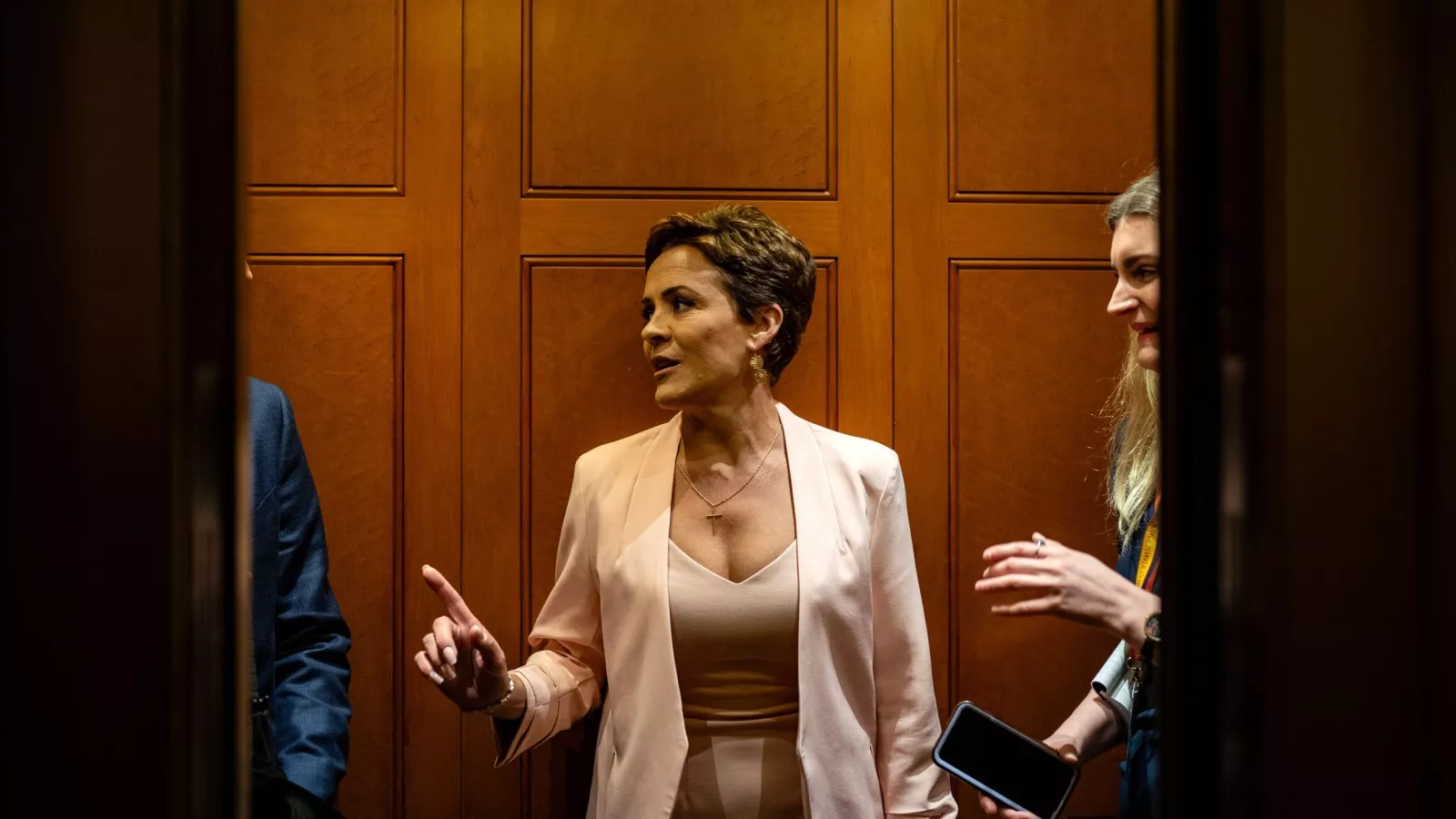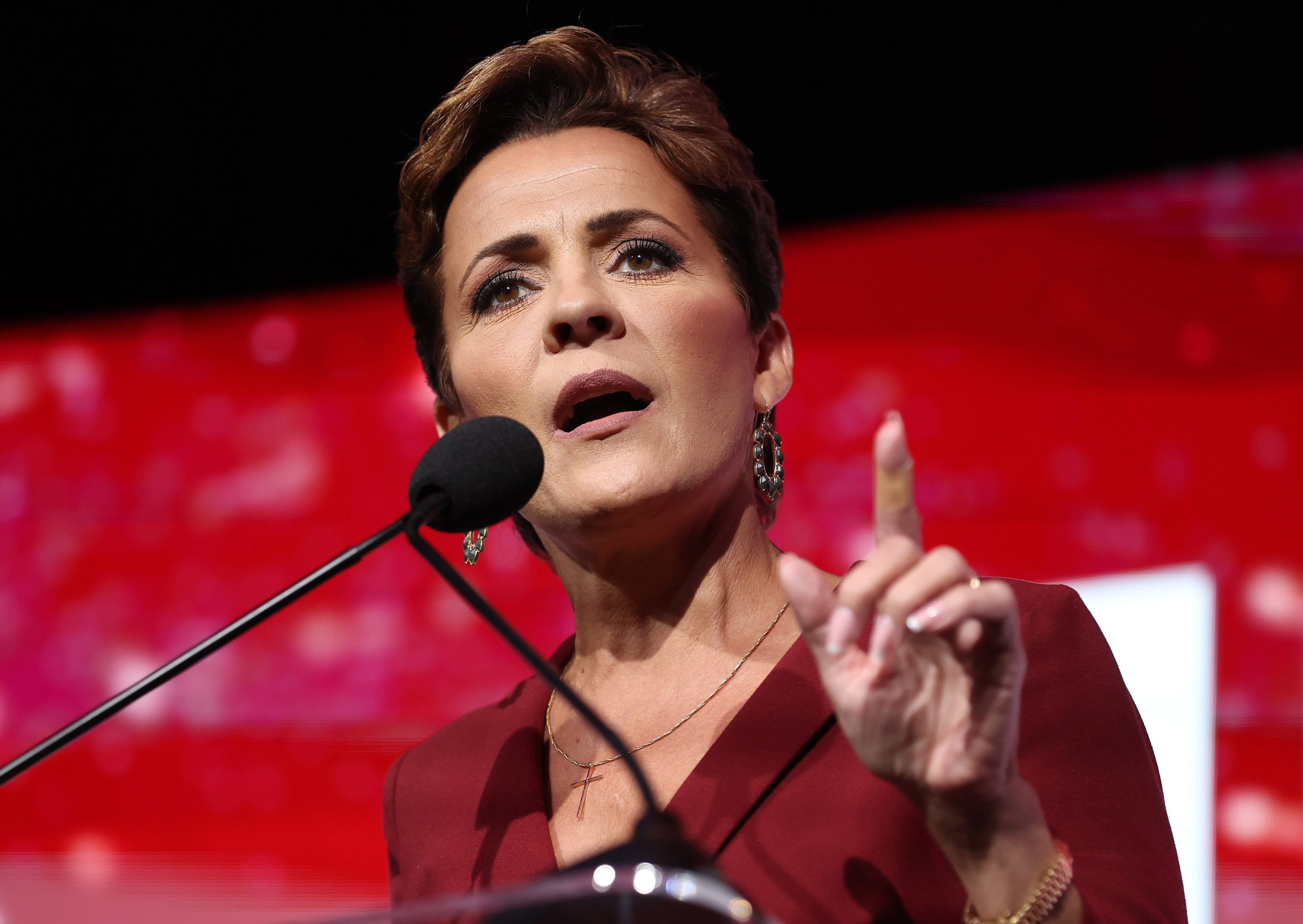Kari Lake, the current candidate for the US Senate in Arizona, appears unwilling to move on from her 2022 gubernatorial defeat. Recently, she filed a petition to the Supreme Court, contending that electronic voting should be deemed unconstitutional. What’s striking this time is her new ally in this endeavor: Mike Lindell, the CEO of MyPillow.
This legal action traces back to the lead-up to the 2022 election when Lake, alongside local secretary of state candidate Mark Finchem, sued Maricopa County. Their aim was to prohibit the use of electronic vote counters, which they argued were susceptible to hacking.
In August 2022, the lawsuit was dismissed, with the judge labeling it as “frivolous” and imposing $122,000 in sanctions on Lake and Finchem’s legal team. Judge John Tuchi emphasized the importance of not entertaining baseless narratives that erode public trust in the democratic process, particularly amid rising disinformation. Both Lake and Finchem subsequently lost their respective elections.

Kari Lake (Credits: Newsweek)
Despite an appeals court upholding the dismissal in October, Lake remains undeterred in her pursuit to contest election outcomes. Now, she’s joined by Lindell, known for propagating false claims about voting machines. Lindell extensively promoted the lawsuit, making appearances on various platforms to tout supposed “explosive evidence” that he claimed would “save the country” and “shock the world.”
The petition to the court alleges new evidence showing false statements made by defendants regarding the safeguards ensuring vote accuracy. Lake and Finchem’s lawyers argue for an amendment to their allegations on standing, aiming to demonstrate a likelihood of recurring harms in future elections similar to those alleged in the 2022 election.
However, local election officials and legal experts have expressed skepticism about the lawsuit’s substance. Maricopa County Recorder Stephen Richer dismissed it as “same old crazy,” asserting its improbable chances of being considered by the Supreme Court. Legal scholar Derek Muller also deemed it a “longshot,” citing the absence of concrete harm suffered by Lake and Finchem.
While the legal prospects appear bleak, the lawsuit seems poised to perpetuate doubts about election results. Lake’s attorneys argue for resolving weaknesses in voting infrastructure before the 2024 election, particularly in states using Dominion voting machines, which have faced scrutiny following false claims spread during the 2020 election.
Ironically, Lake’s pursuit of these claims contrasts with her purported appeal to moderate Republican voters. In her 2022 campaign, she boasted about challenging the “McCain machine,” yet recently extended an olive branch to supporters of the late Senator John McCain, emphasizing the need for unity.























